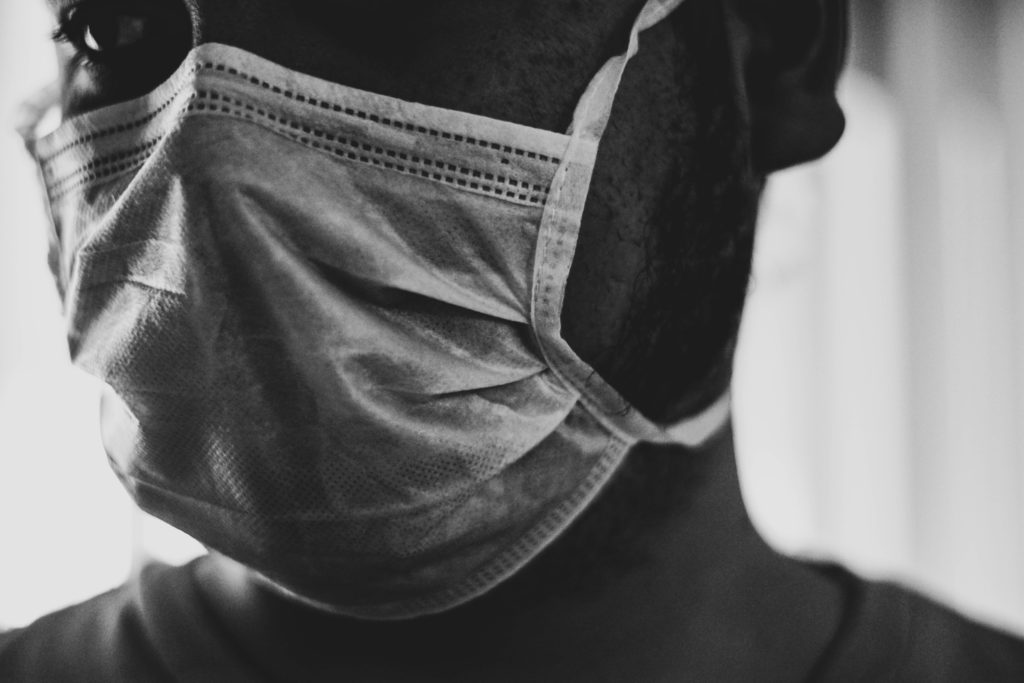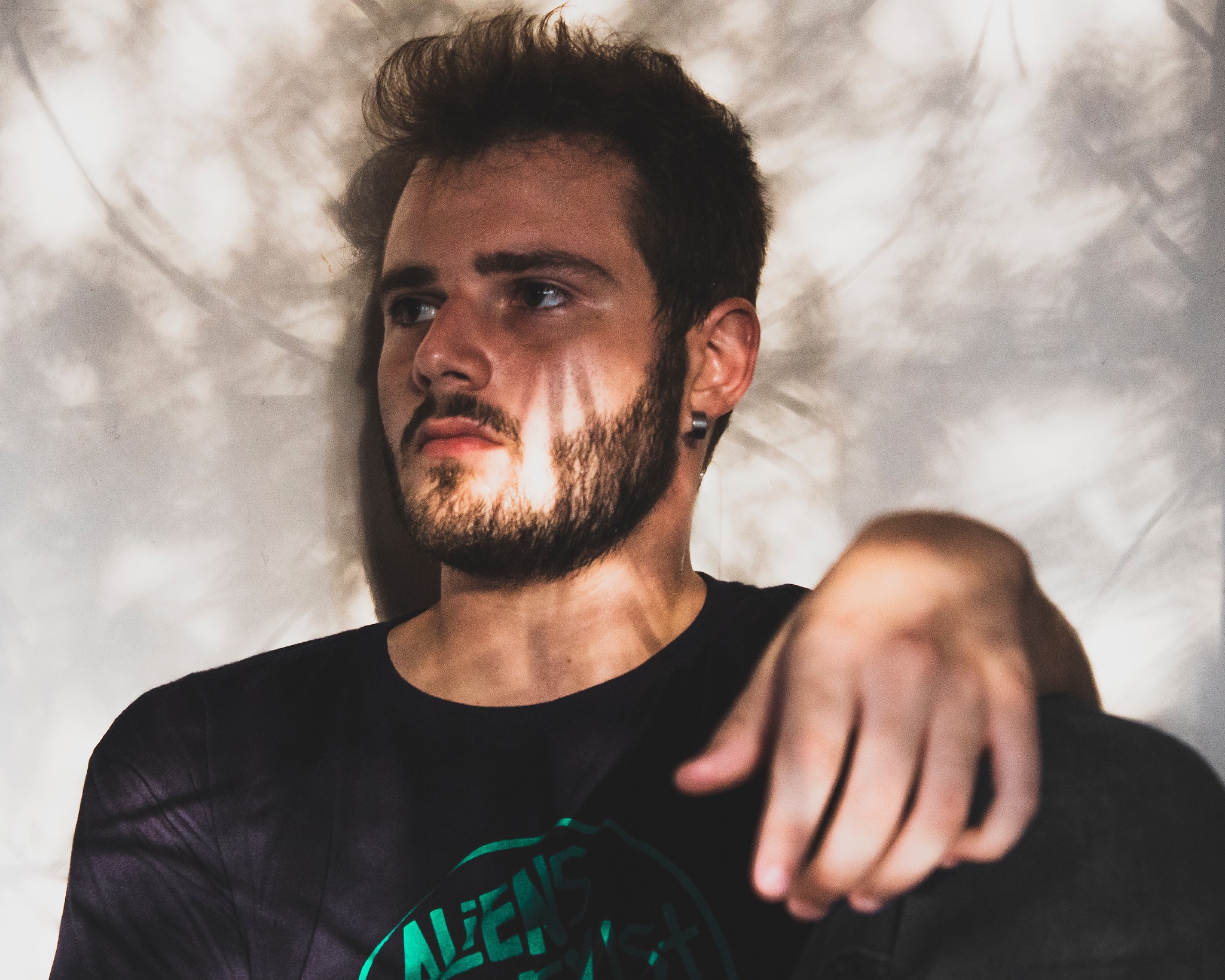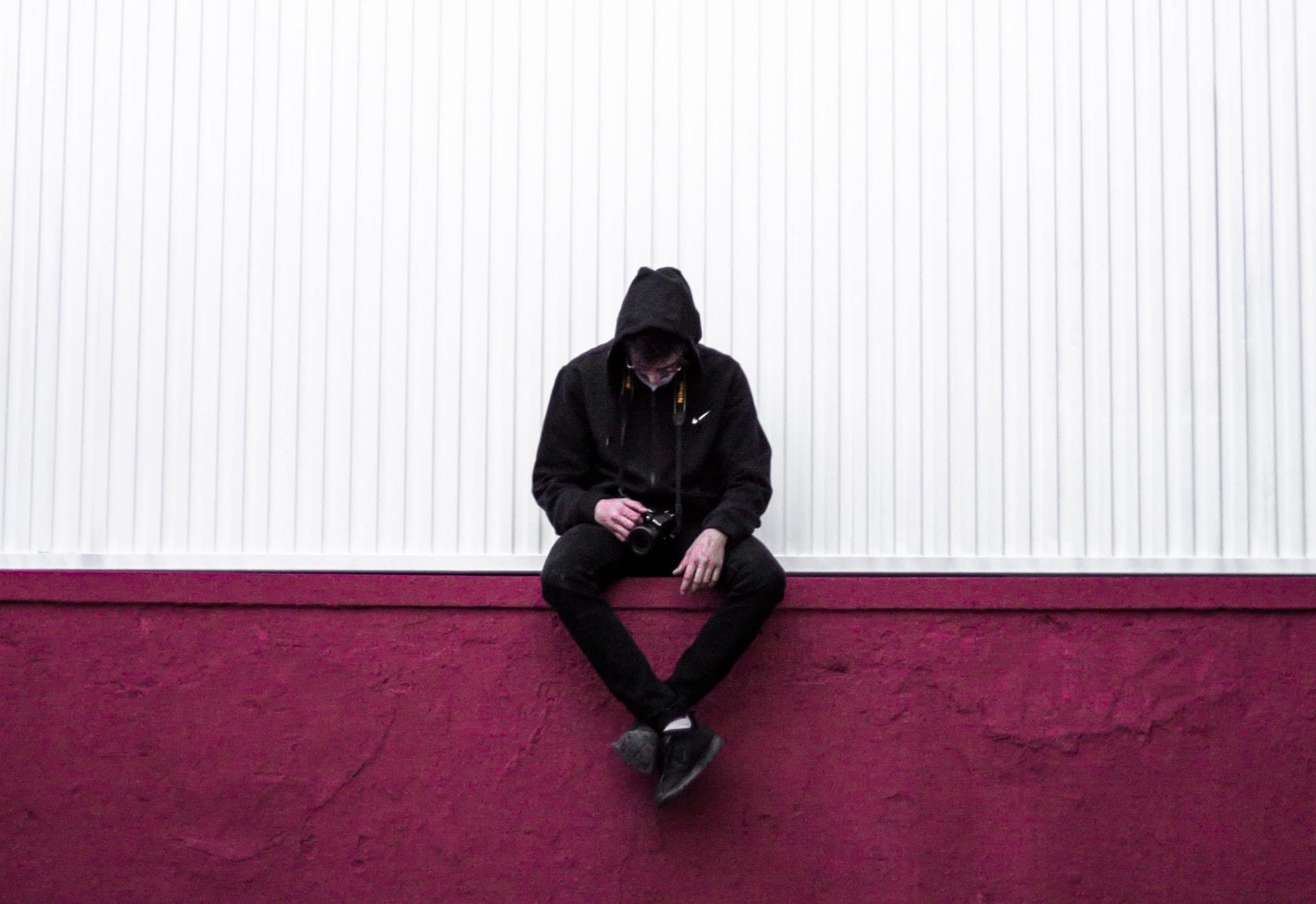The concept of collective trauma refers to a shared emotional reaction to a traumatic event. Collective trauma can affect a small group of people, such as a family, or it can affect an entire society.
After witnessing or experiencing a traumatic incident, many people feel powerless or vulnerable. In the United States, it’s uncommon to have an entire nation experience trauma at a collective level, yet we’ve encountered several traumatic events in recent years.
Traumatic incidents may affect an individual’s capacity to cope with stress and function in everyday life. Sometimes, psychological distress fades over time, with symptoms of stress and anxiety improving over the days or weeks following the event. For some people, a traumatic event can have adverse long-term psychological outcomes.

Causes of Collective Trauma
Traumatic events witnessed or experienced by a group of people can affect how people feel, think, and act. Sometimes, such events can lead to cultural shifts and societal changes affecting future generations. Some types of events that may cause collective trauma include:
- Pandemics
- Terrorist attacks
- Natural disasters
- Economic disasters
- Mass shootings/violence
- War and military conflicts
There are several types of collective trauma. Some are immediate, with a relatively short duration, such as the Boston Marathon bombings and natural disasters like the 2004 Indian Ocean tsunami. Others are less immediately traumatic but more prolonged, such as the COVID-19 pandemic, the Great Depression, and the Holocaust.
While some people witness traumatic events firsthand, most people observe them through media exposure. The 9/11 New York terrorist attacks are an example of a traumatic event that many people witnessed through media exposure.
Impacts of Collective Trauma
Collective trauma can affect large groups of people or even an entire nation. At the societal level, research has shown that some of the effects of collective trauma include:
- Psychological distress: Psychological distress, including acute stress, feelings of vulnerability, sadness, post-traumatic stress disorder (PTSD), post-traumatic stress syndrome (PTSS), and functional impairment, are common following a traumatic event. Trauma can also exacerbate pre-existing mental health conditions.
- Changed beliefs: Collective trauma can lead to cultural shifts and societal changes, as people who lived through a traumatic event may form specific beliefs as a result. For example, studies show that traumatic stress after the 9/11 terrorist attacks heightened the perceived risk of outside threats and perpetrators and the fear of future terrorism in the United States.
- Transgenerational effects: The memory of trauma can be passed to future generations. Research suggests that historical trauma, such as the Holocaust, creates a collective memory that transcends individual memory and contributes to transgenerational effects on future generations.
- Unequal impacts: Collective trauma does not always affect everyone equally. Even within groups, group members may experience different psychological outcomes following a traumatic event on an individual level. For example, in the United States, communities of color have been disproportionately impacted by the coronavirus pandemic. First responders, healthcare professionals, and social workers are also especially vulnerable to mental health impacts after a traumatic incident.

Find a Therapist to Understand Collective Trauma
Get personalized matchesCOVID-19 and Collective Trauma
The COVID-19 pandemic can contribute to trauma at both the individual and collective levels. In a recent review, researchers found that isolation and quarantine contributed to adverse mental health outcomes, including anger, sadness, and posttraumatic stress disorder. Disrupted routines, social distancing, and extended periods of quarantine can also lead to psychological trauma in children.
Research on past pandemics, including the Ebola and SARS outbreaks, provide some clues into the potential long-term effects of COVID. Common reactions to pandemics include panic, sadness, anxiety, hopelessness, stress, and PTSD.
How to Reduce Collective Trauma
In addition to being aware of the individual impacts of the coronavirus pandemic, community and societal changes can help mitigate the long-term effects of collective trauma. Here are some steps you can take to help reduce collective trauma.
- Limit media exposure: Research following the 9/11 terrorist attacks found that people who watched more television coverage were more likely to experience psychological distress. Limiting your media exposure and avoiding social media can help you focus on the positive and reduce anxiety.
- Seek social support: Even if social distancing makes it more challenging to maintain contact, it’s important to seek social support. Connecting with family members and friends via FaceTime, Skype, or Zoom can help you find the support you need.
- Rely on accurate, trustworthy information: Although emotions can cloud judgment, research shows that people can make accurate assessments of potential danger when they have trustworthy information. Relying on honest, unbiased facts can influence your memory of trauma at the individual level.
- Practice self-care: If you’re experiencing high stress levels, it might be tempting to ignore your health. However, eating a balanced diet, exercising regularly, and getting enough sleep can help you build resilience and reduce acute stress and anxiety.
- Utilize mental health resources: Even if you can’t access mental health care in person, online options can help. Many therapists and online therapy platforms offer online services during COVID to help people heal from the psychological impacts of the pandemic.
Seeking Professional Help
Collective trauma affects each person differently—from disrupting our understanding of how the world works to changing how we view ourselves. If social support and self-care aren’t helping you bounce back, it may be time to seek professional help.
To get started, reach out to a mental health professional through WithTherapy. We’ll connect you to a psychologist, counselor, or therapist you feel comfortable with, regardless of your personal preferences and requirements. One of the licensed therapists on the WithTherapy platform will help you understand your trauma, regain strength, and learn healthy coping skills to manage your mental health.
Find a Therapist to Understand Collective Trauma




